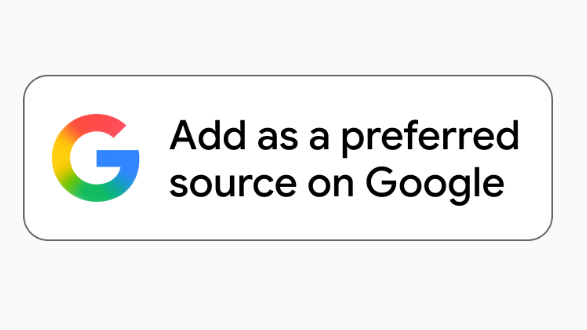Mathew Swerdloff

Mathew Swerdloff is the director of instructional technology at the Hendrick Hudson School District in New York. T&L Managing Editor Christine Weiser spoke with Swerdloff about his district’s recent Chromebook pilot, as well as the challenges facing New York in regards to Common Core and teacher evaluations.
TL: Can you tell me about your Chromebook pilot?
MS: Last year was the first time we had Google Apps in full deployment. We also ran a pilot with 20 Chromebooks. We used these primarily in the secondary level.
The Chromebooks were very positively received by the teachers. The students loved them, too, and I like them because they're really easy to support and manage. There is nothing to install, nothing to update, nothing to repair. With traditional laptops, we have to image them, install Windows updates, and so on.
The one challenge is we still have very limited WiFi in our district—we only have about 20 access points in the whole district. We are waiting on a bond that would pay for the WiFi in the district and for the devices. If this passes, we plan on purchasing an additional 500 devices. We are evaluating if we should go with laptops, Chromebooks, tablets, or some combination. I have a group of teachers doing the research and they will make a recommendation to me and our Technology Leadership Team as to how to proceed.
TL: Do you have any advice for districts considering Chromebooks?
MS: I think a pilot is definitely an important first step. Include a diverse group of teachers at different grade levels and from different subjects. I received a lot of helpful feedback from teachers telling me what they liked and didn’t like about the Chromebooks. There are a lot of things you can do quickly and easily with Chromebooks, but there are things they aren’t designed to do, like CAD or 3D modeling.
TL: Was it difficult to transition to Google Apps?
MS: I think the big thing with Google Apps is the paradigm shift of “where's my stuff?” It took the pilot group a while to understand that concept. That “my stuff” is not in school, it's not on the flash drive, it's not on the computer. It's in the cloud. That's one of my biggest concerns going forward—not so much the hardware, but the conceptual shift that people need to make. I think this will take some time but I think eventually we will get there. I was in a fifth-grade classroom today and saw students accessing their files on Google Drive. That to me was a sign of things to come.
Tools and ideas to transform education. Sign up below.
TL: Are they concerned about the safety of having all their stuff in the cloud?
MS: Not so much. People feel like it's pretty safe. Actually, in some ways, it's safer than being stored locally because I don't have the budget or the resources to house a secure, air-conditioned, climate-controlled server center with full redundancy. Google does.
TL: How do Chromebooks fit in with PARCC and Common Core?
MS: Part of the incentive for the Chromebooks pilot was because we knew that we're going to need devices for the PAARC assessments. The Chromebooks seemed like a good option for this, although we don't buy things just for testing. We just heard that PARCC is being delayed in New York, so that gives us some time to really test and evaluate fully before we make a final decision.
TL: What about professional development?
MS: We had an outside consultant do a turnkey training who trained about 10 of my teachers in using Google Apps and Chromebooks. Then, they became turnkey trainers. That was a good model for us.
In terms of professional development, the real issue in New York state is that, in the same year, the state rolled out the Common Core standards and a new teacher evaluation system. So, you can imagine the anxiety teachers have knowing they have to teach a new curriculum for the first time and be evaluated in a new way. I am looking now at ways to build sustainable professional learning opportunities that teachers will buy in to and that can be long-lasting for us.
TL: How does this all affect your job?
MS: I have two roles. I am the director of technology, which is more of an instructional role. But I'm also the CIO, which is all about the data. And in that role, the data requirements that we're being asked to fulfill are just enormous. I don't have the staff or the time to give the state everything it wants, so what happens is the instructional side suffers in order to comply with the mandates.
I think Common Core is generally good. I think a teacher evaluation system based on some sort of objective measure is good, too. I just think doing both together in the same year is a recipe for disaster. And I think we are seeing a lot of pushback across the state now from other districts around this issue. It will be interesting to see if anything changes going forward.
Christine Weiser is the Content and Brand Director for Tech & Learning, and has been with the company since 2008. She has reported on education for most of her career, working at Scholastic and Gale Publishing before joining Tech & Learning. Christine is also an author and musician, and lives in Philadelphia with her husband and son.
